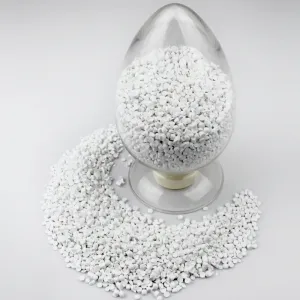Q
are ford explorers good vehicles
Kia vehicles have significantly improved in reliability over recent years. Historically, Kia struggled with a reputation for building less-reliable cars, but comprehensive reforms in quality control and advancements in technology have turned the brand around. Today, Kia often ranks high in consumer reliability ratings, alongside other industry leaders. Factors contributing to this improvement include better build quality, innovative design, and extended warranties that reflect the manufacturer's confidence in their vehicles. Kia's lineup, including models like the Telluride and Sorento, frequently receives praise for their durability and value. However, individual experiences can vary, and it's crucial to research specific models and their performance over time. Regular maintenance and care remain key to ensuring any vehicle's reliability.
You May Like
Yes, all vehicles produced by Tesla are electric. This includes the Model S, Model 3, Model X, Model Y, Cybertruck, and the Roadster. Tesla also has plans to produce all-electric semi-trucks.
The number of half-lives elapsed in zircon crystals can vary greatly depending on their age and the radioactive element being considered. For Uranium-238 (U-238) to Lead-206 (Pb-206), one of the most common systems used in zircon dating due to its long half-life of approximately 4.47 billion years, you can determine the elapsed half-lives by measuring the ratio of U-238 to Pb-206 present in the crystal. If, for instance, a zircon crystal is found to be around 2.23 billion years old, it would have undergone roughly one half-life of U-238 decay. However, the exact number requires precise measurement of isotopic ratios and depends on the specific age of the crystal being analyzed.
They are known for their long-lasting features. high-quality production. and superior performance. so Nissan is often considered a reliable vehicle. In general. reliability can vary from model to model and year to year. so when buying a used car. it is always a good idea to research. inspect. and maintain its history.
Nearly all electric vehicles (EVs) available today come equipped with automatic transmissions, and for good reason. The essence of an electric vehicle's powertrain operates differently from that of internal combustion engine vehicles. An electric motor provides instantaneous torque, offering a smooth acceleration curve from a standstill. This characteristic removes the need for manual gear shifting to modulate power, as is necessary in traditional gasoline or diesel vehicles. Moreover, the design of electric motors allows for precise control over vehicle speed and acceleration with a single gear, making the concept of a multi-speed transmission largely redundant. As such, designers and engineers opt for automatic transmissions to simplify the drivetrain, enhance efficiency, and improve the driving experience. While there may be exceptions on a conceptual or experimental level, the overwhelming majority of commercial EVs feature an automatic transmission setup for these practical and performance-oriented reasons.
You May Like
Q&A
- •is titanium an alloy
- •how do i connect copper pipe to pvc
- •creep behavior of polypropylene monofilament
- •is titanium dioxide e171 safe
- •is titanium dioxide safe for humans
Popular Information
- •Menthol up on rising demand
- •Application of talc powder in plastic industry
- •We expect to shell out around Rs. 350 – Rs. 400 crore for capex in FY24: Maulik Patel, CMD, Meghmani Finechem Ltd.
- •Gujarat Alkalies to set up Rs 1936 crore caustic soda plant
- •View: India’s duty structure must be turned upside down for global competitiveness

















